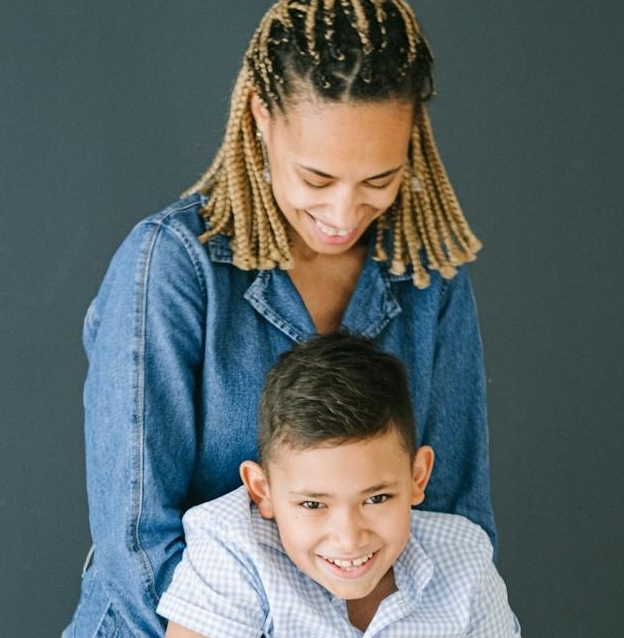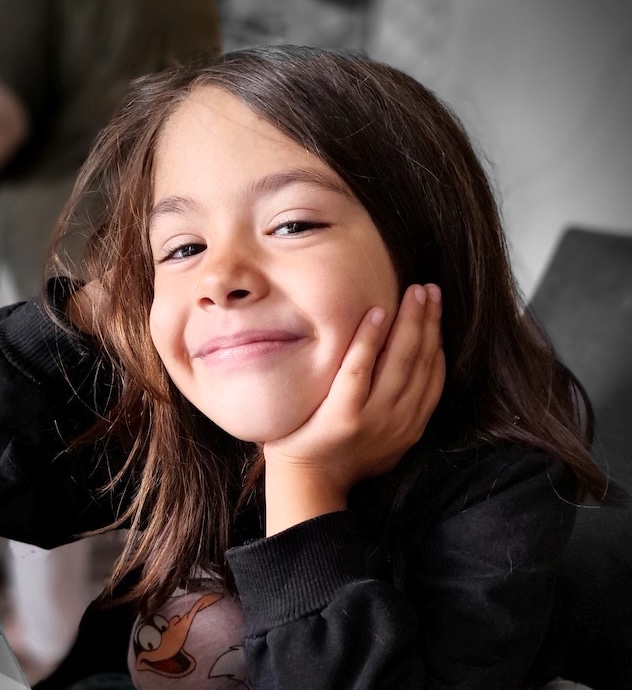
Positive parenting during the later middle childhood years, ages 9 to 11, is essential for helping children build confidence, resilience, and strong values as they prepare for adolescence.
With empathy, structure, and open communication, parents can foster emotional growth, support responsible decision-making, and maintain a trusting relationship that helps children thrive during this pivotal stage.
Emotional/social changes
Your child’s growing independence from the family and interest in friends might be obvious by now. Healthy friendships are very important to your child’s development, but peer pressure can become strong during this time. Children who feel good about themselves are more able to resist negative peer pressure and make better choices for themselves.
This is an important time for children to gain a sense of responsibility along with their growing independence. Also, physical changes of puberty might be showing by now, especially for girls. Another big change children need to prepare for during this time is starting middle or junior high school.
Children in this age group might:
- Start to form stronger, more complex friendships and peer relationships. It becomes more emotionally important to have friends, especially of the same sex.
- Experience more peer pressure.
- Become more aware of their body as puberty approaches. Body image and eating problems sometimes start around this age.

Thinking and learning
Children in this age group might:
- Face more academic challenges at school.
- Become more independent from the family.
- Begin to see the point of view of others more clearly.
- Have an increased attention span.
Positive parenting tips
Following are some things you, as a parent, can do to help your child during this time:
- Spend time with your child. Talk with her about her friends, her accomplishments, and what challenges she will face.
- Be involved with your child’s school. Go to school events; meet your child’s teachers. Encourage your child to join school and community groups, such as a sports team, or to be a volunteer for a charity.
- Help your child develop his own sense of right and wrong. Talk with him about risky things friends might pressure him to do, like smoking or dangerous physical dares.
- Help your child develop a sense of responsibility—involve your child in household tasks like cleaning and cooking. Talk with your child about saving and spending money wisely.
- Meet the families of your child’s friends.
- Talk with your child about respecting others. Encourage her to help people in need. Talk with her about what to do when others are not kind or are disrespectful.
- Help your child set his own goals. Encourage him to think about skills and abilities he would like to have and about how to develop them.
- Make clear rules and stick to them. Talk with your child about what you expect from her (behavior) when no adults are present. If you provide reasons for rules, it will help her to know what to do in most situations.
- Use discipline to guide and protect your child, instead of punishment to make him feel badly about himself.
- When using praise, help your child think about her own accomplishments. Saying “you must be proud of yourself” rather than simply “I’m proud of you” can encourage your child to make good choices when nobody is around to praise her.
- Talk with your child about the normal physical and emotional changes of puberty.
- Encourage your child to read every day. Talk with him about his homework.
- Be affectionate and honest with your child, and do things together as a family.
Healthy friendships are very important to your child’s development, but peer pressure can become strong during this time. Children who feel good about themselves are more able to resist negative peer pressure and make better choices for themselves.

Child safety first
More independence and less adult supervision can put children at risk for injuries from falls and other accidents. Here are a few tips to help protect your child:
- Your child should still ride in the back seat until they are 12 years of age because it’s safer there. Motor vehicle crashes are the most common cause of death from unintentional injury among children of this age.
- Know where your child is and whether a responsible adult is present. Make plans with your child for when he will call you, where you can find him, and what time you expect him home.
- Make sure your child wears a helmet when riding a bike or a skateboard or using inline skates; riding on a motorcycle, snowmobile, or all-terrain vehicle; or playing contact sports.
- Many children get home from school before their parents get home from work. It is important to have clear rules and plans for your child when she is home alone.
Healthy bodies
Here are a few tips to help keep your growing child healthy:
- Parents can help make schools healthier. Work with your child’s school to limit access to foods and drinks with added sugar, solid fat, and salt that can be purchased outside the school lunch program.
- Make sure your child has 1 hour or more of physical activity each day.
- Practice healthy eating habits and physical activity early.
- Encourage active play, and be a role model by eating healthy at family mealtimes and having an active lifestyle.
- Keep television sets out of your child’s bedroom. Set limits for screen time, including cell phones, computers, video games, and other devices, and develop a family media plan.
- Make sure your child gets the recommended amount of sleep each night: 9–12 hours per 24 hours (including naps) for school-age children 6–12 years.

Boundaries are an important part of parenting. Check out our pocast to learn what boundaries are, why they matter, and how consistent limits and clear expectations help children feel secure and thrive.
Source: Centers for Disease Control and Prevention | Positive Parenting Tips: Middle Childhood (9–11 years old), https://www.cdc.gov/child-development/positive-parenting-tips/middle-childhood-9-11-years-old.html | Public domain. Published May 2024. Retrieved May 2025.





